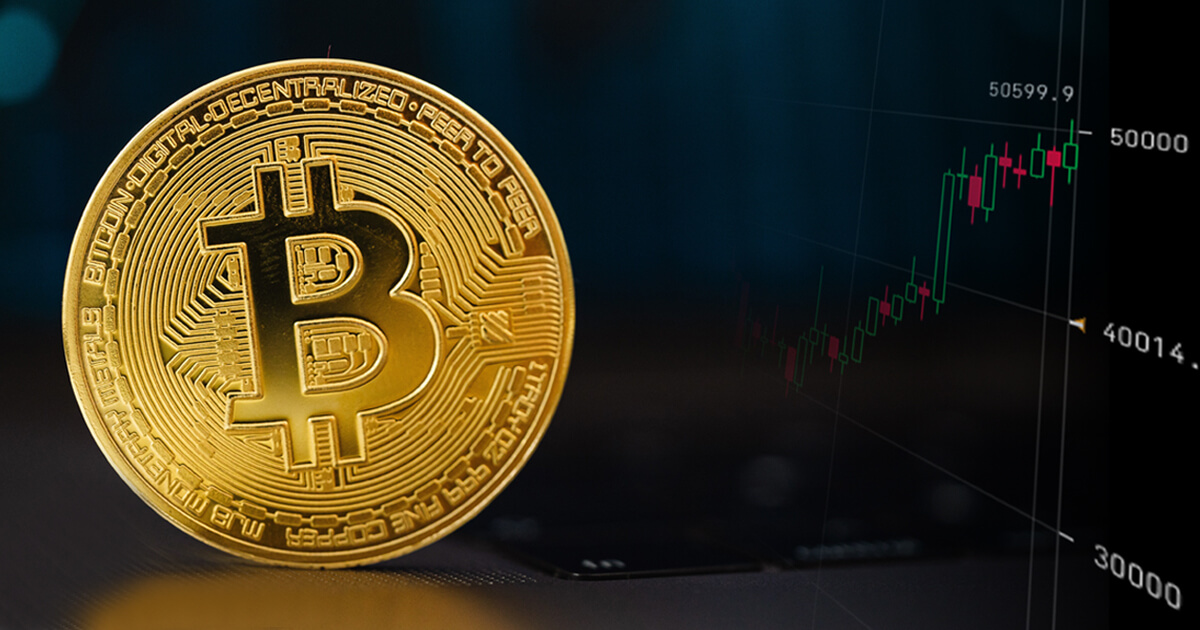Over 90% of all hopeful crypto traders end up losing money when trying their luck in the market, and usually end up losing their capital (or, worst, in debt) while trying to print millions instead.
This is why investing for the long term, instead of using leverage on minute charts for short-term gains is a much, much more prudent strategy for those looking to make it big in the crypto market.
Anthony Lesoismier swears by it. The chief security officer and co-founder of crypto app Swissborg, Lesoismier started out as a quantitative analyst for hedge funds back in 2008 and worked in sales trading for the next nine years or so.
Last week, he sat with Alex Fazel of crypto edutainment platform CryptoNites to open the kimono a little bit and share market tips and tricks for budding traders and investors to be successful in the notoriously volatile crypto market.
Here’s what he shared.
Crypto probabilities, risks, and making $10,000
Lesoismier points out the current thinking culture is part of the reason why investors fail to make the right choices for themselves, or even fail to consider the actual risks underlying their investments.
“I think we have a thinking system that does not encourage people to think by themselves. Let me give you an example: If you go to see a professional investor, he will tell you that you must diversify. So you must take this much money to invest, and you should take a bit of that and a bit of that. And because of that, even if you don’t believe in it, you should invest,” he shared.
“So for example, if you have 100k to invest, you should buy 80% of US Treasury bonds, 10% of Tesla, I and 10% of s&p, right, even if you don’t believe in it, that’s what the guys will tell you,” he added, further noting:
“For example, when we calibrate this kind of portfolio, we can fairly say that you’re not going to lose more than 10k for example, so 10% of your portfolio. But if you don’t believe in it, the risk address return would not be good again.”
The actual risk of Bitcoin
Lesoismier shares “So when you invest for example, in Bitcoin at $1,000, visualize that if it goes back to zero, then your risk is $1,000. But what is the probability that it goes above $2,000? What is the probability then of going to $10,000 and making $9,000?”
“When you think about it, there are few assets with this property where you can get it can go much higher, and it goes down, right? So now Bitcoin is at 30k, what’s the probability that it goes to zero or a rise? Above 60k. And of course, the more major an asset becomes, the less symmetry you will find,” he said.
“One of the examples: If you look at the Bitcoin charts, you can see who the public movement is and all these things, but maybe you can learn from the future market.”
“You look, for example, at this spread, because this between the spot market and the futures market, when the spread is really high, it means that there is a huge demand on buying the future market, which means that people are rushing to buy the market, they don’t care about the price, they’re ready to pay a premium,” Lesoismier shared, suggesting how investors could use such data to determine which direction a market trend could end up forming.

















